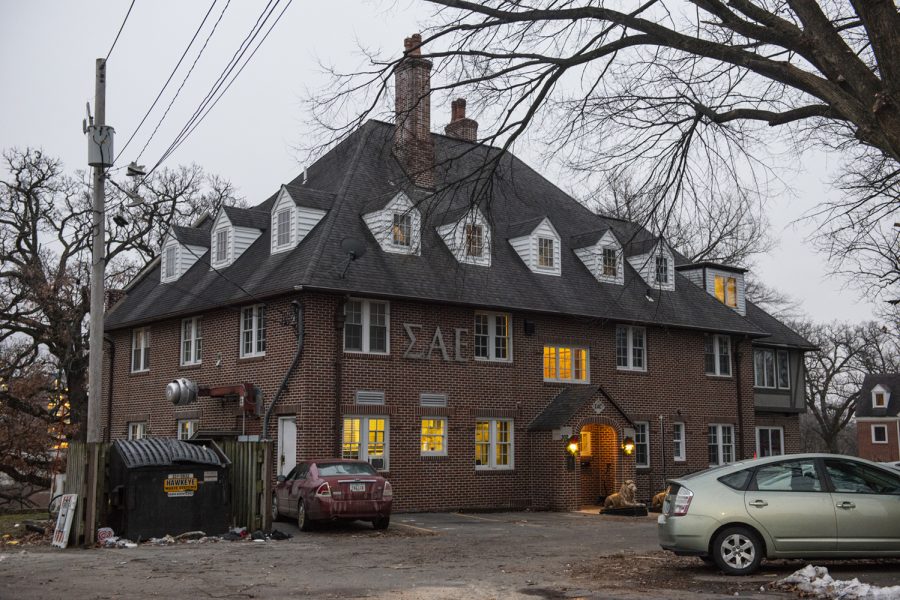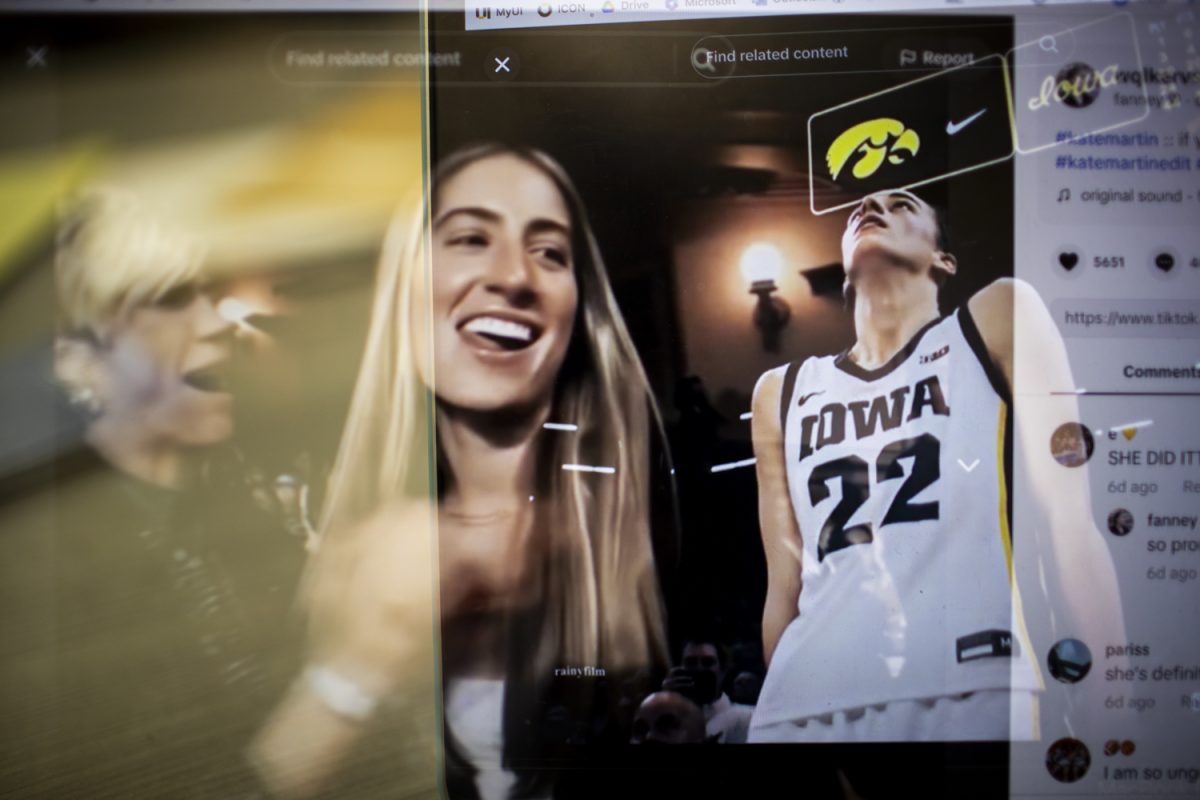This year, the University of Iowa Carver College of Medicine Doc Dash went through a makeover.
Organization for the 5K race had been somewhat unclear since it began roughly 25 years ago — the 2010 race was postponed because of preparation problems — but organizers said they focused on more consistent planning this year in addition to allowing more people to participate. This year marked the first time the race was open to people outside of the medical school.
That became clear on April 2, when nearly 500 people crossed the finish line on the brisk early morning — a noticeable increase from the 140 participants in 2009.
Andy Fahlgren, a first-year medical student, ran the medical campus route in a suit and tie. The 28-year-old had run only one 5K prior to the Doc Dash.
“Generally, people tend to take these things too seriously; I thought I’d lighten things up a bit,” he said about his outfit.
This past weekend’s success came after increased advertising with newspapers, local TV stations, and fliers.
“A long time ago, it was really well-attended,” said organizer Heather Kruse, 27. “But after it got pushed around to different groups of people, it fell apart.”
To make sure the race was more consistent, starting this year, the responsiblity of organizing the race will rest with first- and second-year students in the Flocks Community — one of the four learning communities in the Carver College of Medicine.
“We wanted it for continuity and to make it be a success,” said Kruse, a Flocks Community student.
The proceeds from this year’s Doc Dash will be donated to the Iowa City Free Medical Clinic and the University of Iowa Mobile Clinic. Runner registration fees raised approximately $11,500 before expenses, up from around $3,000 in 2009.
The planning committee took which organization to donate to seriously, because in past years, Kruse said, some were unfamiliar to participants. The medical clinic, however, is more visible in the community, she said.
The clinic, created in 1971, benefits those with poor or nonexistent health insurance and provides care for everything from headaches to diabetes. No patient faces medical fees at the clinic but are encouraged to leave a $10 donation.
Kelly Johnson, 23, a first-year medical student, has volunteered at the clinic for the past five years. She said she very much appreciated that the event supported the clinic.
“We’re able to provide the services we provide because of this type of funding,” she said.
And, as part of an organization that is largely supported by donations, Johnson said community involvement is crucial.
“Really, it’s about word-of-mouth and getting the word out there, so it’s very important,” she said.






